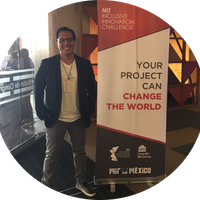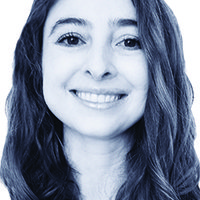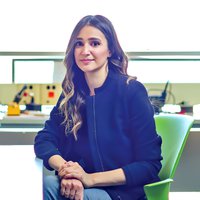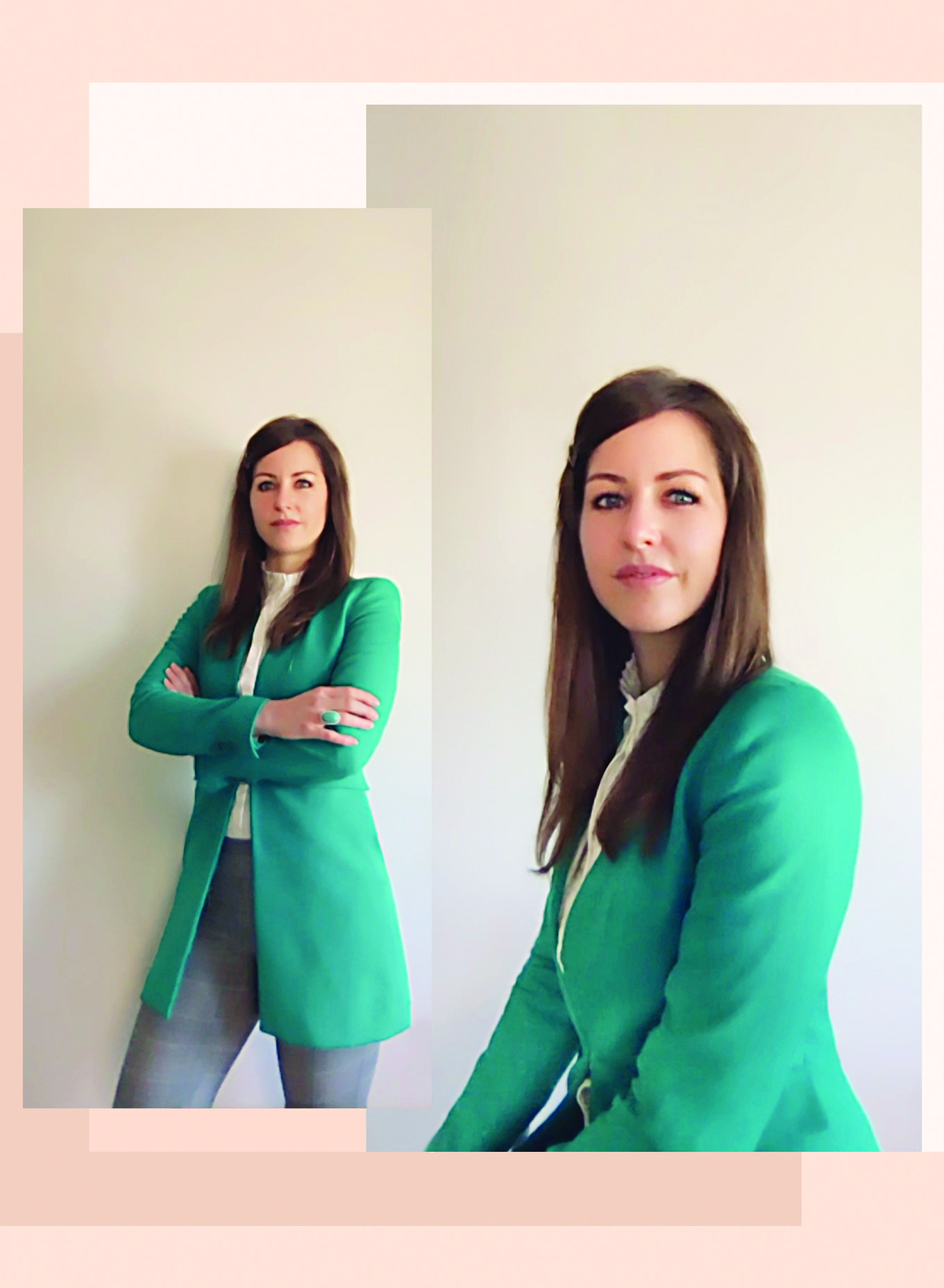In 2016, Katharina Volz received news that someone close to her had Parkinson’s. At the time Volz had just finished her PhD at Stanford and was locked into a well-earned career in academic research, working on stem cells. But the news changed all that.
“I just knew I could actually make a difference,” she says. “Sometimes you feel helpless. But actually I felt deeply responsible for finding a way to get curative treatments for this disease, because I knew I could do something about it.” Volz now leads a company, OccamzRazor, that has successfully married machine learning with biomedical research and is pushing the search for a Parkinson’s cure.
Volz noticed a problem when it comes to researching Parkinson’s, and it’s one that arguably plagues science at large. Experts studying the disease were specializing in particular aspects of it and generally didn’t know much about and couldn’t engage with other aspects. These academic silos made it hard for new insights to be properly shared and explored, impeding our continued understanding of how Parkinson’s progresses.
“Even if you’re the smartest researcher in the world, you can’t put all of this information together and make the connections you need to truly understand how the disease operates,” says Volz. “As humans, our ability to draw these numerous connections is limited.”
That’s where machine learning comes in. Volz realized AI could do a better job than a human at reading all the different papers and data sets published on a topic and identifying insights that could lead to breakthroughs. Though machine learning isn’t her specialty, she brought together a team of AI researchers, along with experts from other fields like computational biology, drug development, and neuroscience. She raised money from various investors, including Jeff Dean (the head of AI at Google) and the Michael J. Fox Foundation. Thus, in 2016, OccamzRazor was born.
The company is tackling the problem in two major steps. First, it has developed programs that read and understand published materials on Parkinson’s. Next, it is using AI to integrate genomics, proteomics, and clinical data sets. The goal is to predict new pathways and genes important to Parkinson’s that can then be tested in the laboratory.
The result is what OccamzRazor calls the “Parkinsome”—a knowledge map of Parkinson’s that reveals how the disease is caused and progresses, points to signs and symptoms that can help make an early diagnosis, and identifies potential therapeutic targets. After OccamzRazor validates its findings, it partners with biotech and pharma companies to develop drugs.
The goal is to take this approach beyond just Parkinson’s. Volz and her team have plans to scale up the platform to build comprehensive knowledge maps for other complex diseases related to the aging of the brain. “Diseases inform each other,” says Volz. “Studying Parkinson’s is one of the best ways to study brain aging in general.”




